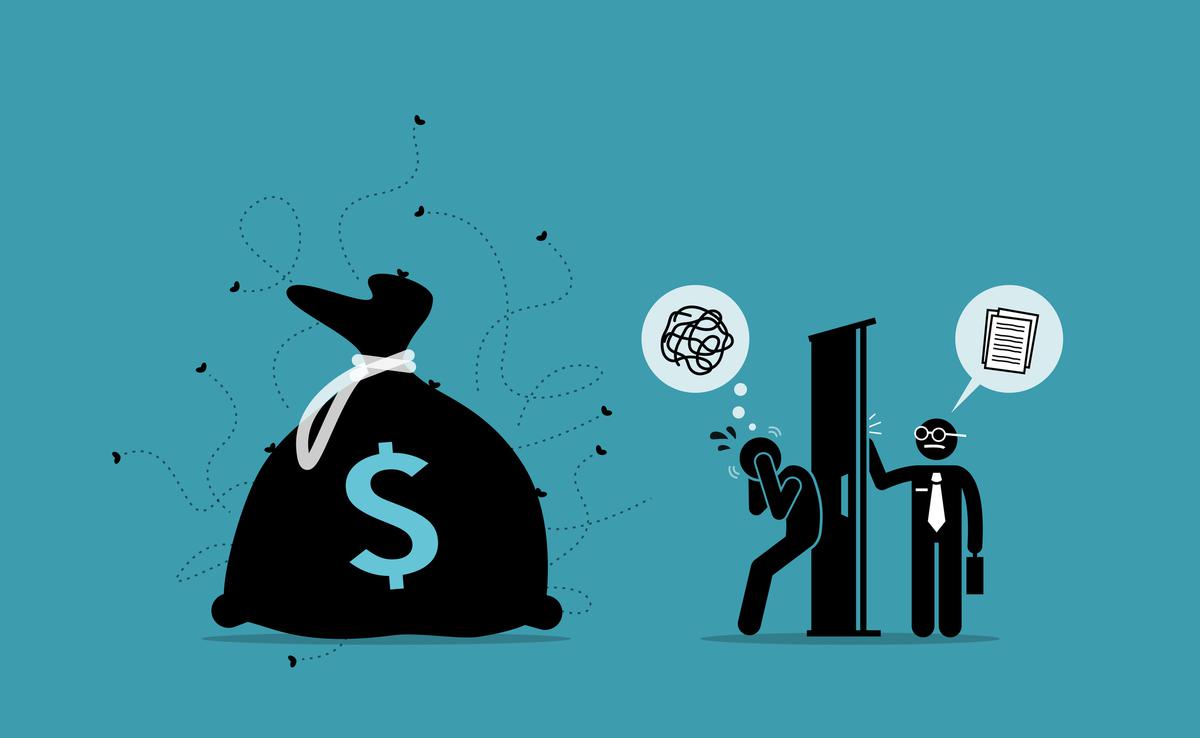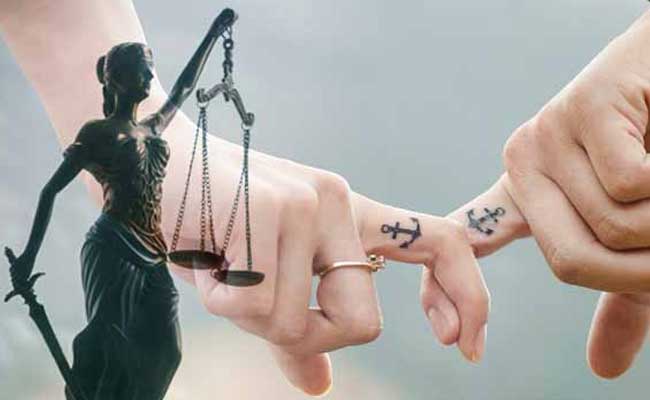Homosexual marriage has been a topic of debate in India for decades. With the changing social outlook and increasing awareness of LGBTQ+ rights, the question arises: Is homosexual marriage in India legal or illegal? This article explores the legal status, historical background, and the current scenario regarding same-sex marriage in India.
The Background of LGBTQ+ Rights in India
For a long time, the LGBTQ+ community in India faced discrimination under Section 377 of the Indian Penal Code (IPC), a colonial-era law that criminalized same-sex relationships. This law categorized homosexual acts as “unnatural offences.”
In September 2018, the Supreme Court of India delivered a historic judgment in the Navtej Singh Johar vs. Union of India case, decriminalizing consensual same-sex relationships among adults. This was a landmark step for LGBTQ+ rights in India, as it gave the community recognition, dignity, and the freedom to live without fear of criminal prosecution.
However, while same-sex relationships were decriminalized, the question of same-sex marriage remains unsettled.
Is Homosexual Marriage Legal in India?

As of now, homosexual marriage in India is not legally recognized. The Indian legal system does not provide a framework for same-sex couples to marry under any of the existing marriage laws, such as:
- Hindu Marriage Act, 1955
- Special Marriage Act, 1954
- Muslim Personal Law
- Christian Marriage Act, 1872
All these laws define marriage as a union between a man and a woman. Therefore, while same-sex couples can live together without fear of criminal charges, they do not enjoy the legal rights that come with marriage.
Rights Same-Sex Couples Miss Out On
Since same-sex marriage is not legal in India, homosexual couples are deprived of several rights that heterosexual married couples enjoy, such as:
- Right to adopt children legally as a couple
- Right to inheritance and succession
- Right to joint ownership of property
- Tax benefits for married couples
- Rights related to medical decisions and insurance policies
This lack of recognition makes it difficult for LGBTQ+ individuals to secure legal protection for their partners.
Recent Petitions and Court Rulings
In recent years, several petitions have been filed in the Supreme Court and High Courts seeking recognition of same-sex marriage under the Special Marriage Act and other laws.
In October 2023, the Supreme Court of India, while acknowledging the hardships faced by same-sex couples, stated that it cannot legalize homosexual marriage as it falls under the domain of the Parliament and the legislature. The Court urged the government to create a framework to protect the rights of same-sex couples in areas such as inheritance, succession, and healthcare decisions.
This ruling clarified that although homosexuality is not a crime, same-sex marriage is still not legally permitted in India.
Social Acceptance and Changing Mindsets
Despite the legal challenges, social acceptance of homosexual relationships in India is slowly increasing. Urban cities, youth communities, and LGBTQ+ support groups have played a major role in creating awareness. Pride parades, online campaigns, and activism are changing perceptions and pushing for greater equality.
However, in many conservative and rural parts of India, homosexuality is still stigmatized. Legal recognition of same-sex marriage could play a huge role in reducing this stigma and ensuring equal rights for all citizens.
To sum up, homosexual marriage in India is currently illegal, as there is no legal framework supporting it. While the decriminalization of homosexuality in 2018 was a landmark victory for the LGBTQ+ community, the battle for equal marriage rights is still ongoing.
The recognition of same-sex marriage would not only provide equal rights to homosexual couples but also promote inclusivity and acceptance in Indian society. Until then, the LGBTQ+ community continues its struggle for legal equality and social justice.
Live-in Relationship Laws in India
Read Also: Dating Or Matrimony Website Design
![]()





